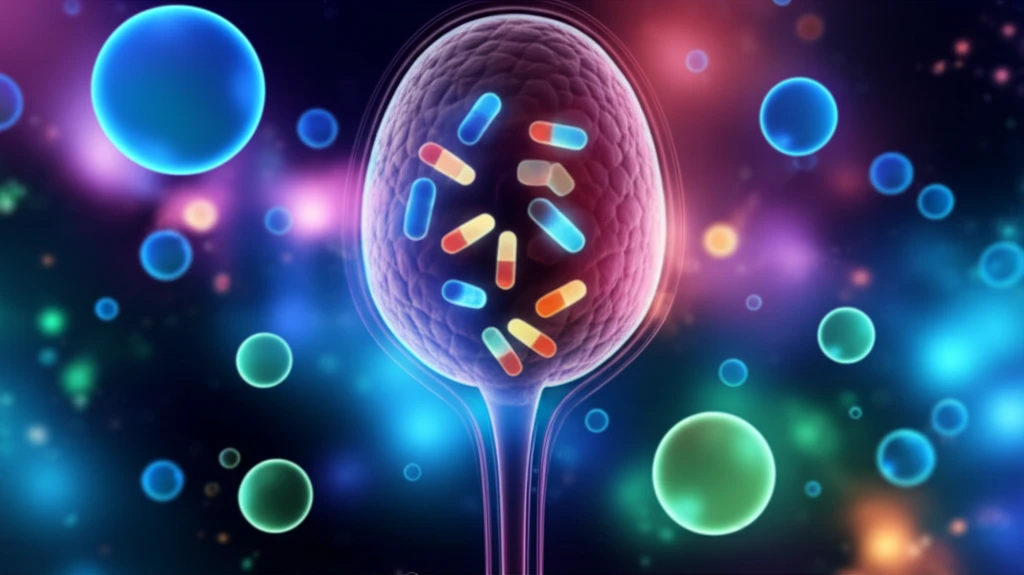
Hormone Therapy for Prostate Cancer: What You Need to Know
"A Comprehensive Guide to Abiraterone, Prednisolone, and the Latest Advances in Prostate Cancer Treatment"
Prostate cancer is a significant health concern for men, and understanding the available treatment options is crucial for making informed decisions. Hormone therapy, also known as androgen deprivation therapy (ADT), plays a vital role in managing advanced prostate cancer. Recent studies have highlighted the benefits of combining ADT with medications like abiraterone and prednisolone, offering new hope for improved outcomes.
This article delves into the details of these studies, explaining how abiraterone and prednisolone work, who might benefit from this treatment approach, and what potential side effects to consider. We aim to provide clear, accessible information to help you navigate the complexities of prostate cancer treatment and empower you to have informed conversations with your healthcare team.
Whether you're a patient, a caregiver, or simply interested in learning more about prostate cancer, this guide offers a comprehensive overview of the latest advances in hormone therapy and what they mean for the future of prostate cancer care.
Understanding Metastatic, Castration-Sensitive Prostate Cancer

Before diving into the specifics of abiraterone and prednisolone, it's important to understand the type of prostate cancer these treatments target: metastatic, castration-sensitive prostate cancer (mCSPC). This refers to cancer that has spread beyond the prostate gland (metastatic) and still responds to hormone therapy (castration-sensitive).
- Metastatic: The cancer has spread to other parts of the body, such as the bones, lymph nodes, or other organs.
- Castration-Sensitive: The cancer still responds to hormone therapy, meaning its growth is suppressed by lowering androgen levels.
- Treatment Goals: The primary goals of treatment for mCSPC are to control the cancer's growth, relieve symptoms, and improve overall survival.
The Future of Prostate Cancer Treatment
The studies on abiraterone and prednisolone represent a significant step forward in the treatment of metastatic, castration-sensitive prostate cancer. By combining these medications with standard hormone therapy, doctors can achieve better outcomes for patients, extending their lives and improving their quality of life. As research continues, we can expect even more innovative approaches to emerge, further transforming the landscape of prostate cancer care. If you have any concerns or questions about prostate cancer, talk with your doctor.
